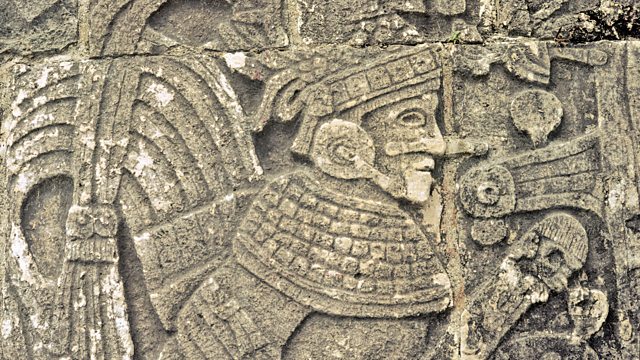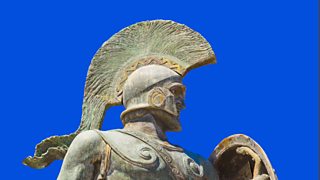The Popol Vuh: Central American epic that survived Spanish conquest
The history and significance of one of the most mind-bending mythological sagas ever written.
Mythological sagas are often fantastical and push the imagination to the limit but the Popol Vuh, which originates in what is Guatemala today, has a gallery of extraordinary characters both good and bad. They get involved in a series of mind-boggling battles and challenges and this eventually leads to the creation of the human race. The Maya K’iche’ story of the Popol Vuh has come down to us in an 18th-Century transcription and Spanish translation by a priest called Francisco Ximenez, and as with many ancient stories, there are tantalising questions about the history of the manuscript and the origins of the tale itself.
Rajan Datar traces the meanings and significance of the Popol Vuh with the help of Frauke Sachse who is director of Pre-Columbian Studies at the Dumbarton Oaks Research Library and Collection in Washington DC; Iyaxel Cojti Ren, professor at the University of Texas; Allen Christenson who is professor at Brigham Young University in Provo, Utah as well as an ethnographer and author of a new translation and critical edition of the Popol Vuh.
The reader is Florencia Cordeu.
(Image: A Mayan ball player at the Great Ball Court in Chichen-Itza. Credit: Independent Picture Service/Universal Images Group/Getty Images)
Last on
More episodes
Broadcasts
- Thu 9 Jun 2022 09:06GMT91�ȱ� World Service Australasia, East and Southern Africa, Online, Americas and the Caribbean & UK DAB/Freeview only
- Thu 9 Jun 2022 23:06GMT91�ȱ� World Service Australasia, East and Southern Africa, Online, Americas and the Caribbean & UK DAB/Freeview only
- Sun 12 Jun 2022 13:06GMT91�ȱ� World Service
Featured in...
![]()
Civilisations and wonders—The Forum
The people, stories and rituals that ruled the ancient world
Do you think political or business leaders need to be charismatic? Or do you prefer highly competent but somewhat stern people?
Podcast
-
![]()
The Forum
The programme that explains the present by exploring the past




